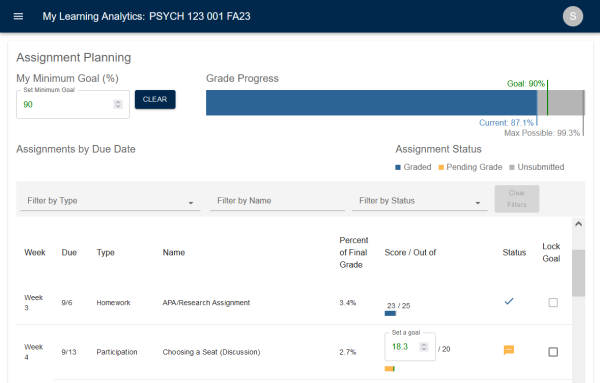As educators continue to strive for academic excellence, it is crucial to utilize student data to drive instruction and motivation in English classrooms. By analyzing student performance data, teachers can identify areas of strength and weakness, tailor instruction to meet individual needs, and ultimately motivate students to achieve their academic goals.
One of the key benefits of using student data to motivate academic achievement in English is the ability to provide personalized, targeted instruction. By analyzing assessment results, teachers can identify specific areas where students may be struggling, such as reading comprehension, writing skills, or grammar. Armed with this information, educators can create individualized learning plans that address these areas of need and provide students with the support and resources they need to succeed.
In addition to personalized instruction, utilizing student data can also help teachers set and track academic goals with their students. By establishing clear and achievable goals based on assessment data, educators can help students see the progress they are making over time and stay motivated to continue working towards their objectives. Regularly reviewing and revising these goals can also help students stay focused and on track to meet academic benchmarks.
Furthermore, student data can be used to celebrate achievements and milestones in English classrooms. Whether it’s earning a high score on a writing assignment, mastering a difficult grammar concept, or making significant improvements in reading comprehension, recognizing and celebrating student accomplishments can provide the positive reinforcement and encouragement needed to keep students motivated and engaged in their learning.
It is important to note that while using student data to motivate academic achievement can be highly beneficial, it is essential for educators to approach this process with sensitivity and care. It is crucial to maintain student privacy and confidentiality when collecting and analyzing data, and to ensure that all data-driven decisions are made in the best interests of each individual student.
In conclusion, leveraging student data to motivate academic achievement in English classrooms can have a profound impact on student learning and success. By using data to inform instruction, set goals, track progress, and celebrate accomplishments, teachers can inspire and empower their students to reach their full academic potential in the English language. Through a thoughtful and deliberate approach to using student data, educators can create a learning environment where students are motivated, engaged, and equipped to achieve excellence in English.



